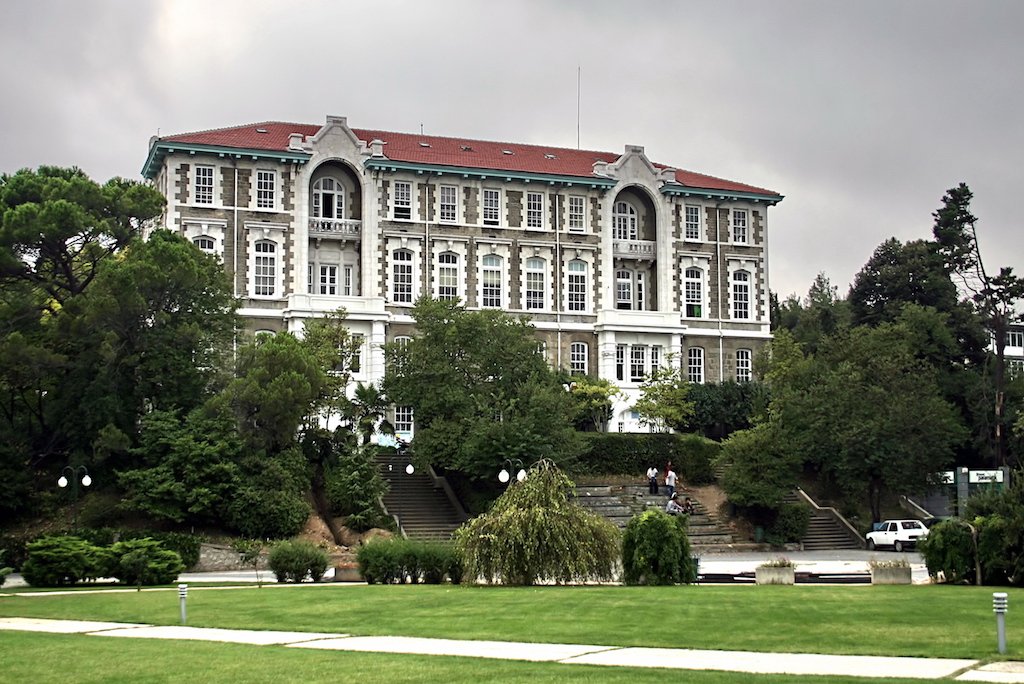The European University Association (EUA) has published a report that finds Turkish universities to be the least autonomous among institutions of higher learning in 35 European countries.
According to the report Turkish President Recep Tayyip Erdoğan has full control over the appointment of university rectors. Previously, the president had to appoint one person among three candidates who were elected by university staff and Turkey’s Higher Education Board (YÖK).
However, the current situation has deteriorated to the point that the president now selects and appoints rectors without any elections at universities.
Describing this development as “worrying,” the report added that it was a unique case in Europe.
“The involvement of public authorities in university governance is extensive and stands out as an exception in Europe, Türkiye being the sole case where the rector’s selection is not in the hands of the universities themselves,” said the report.
Until 2018 rectors of Turkish universities were elected in a two-step procedure, where at state universities the academic staff would elect six candidates, three of whom would be selected by YÖK, whose members were also appointed by the president. Out of these three, the president could choose who to appoint.
Academic freedom in Turkey is declining, with many academics currently behind bars for criticism of the Turkish government and its president.
The most notorious case involves the prosecution a group of academics who referred to themselves as the “Peace Academics.” These academics signed a declaration in early 2016 calling on the government to halt operations by security forces in southeastern Turkey, restore peace to the country and return to the negotiating table to restart shelved talks to find a peaceful solution to the Kurdish issue.
The move attracted widespread criticism from the government. Many of the signatories were fired, sentenced to prison or subjected to overseas travel bans. After the initial signatories were targeted by Erdoğan, more academics signed the peace declaration in solidarity, with the total number exceeding 2,000.
Moreover, a total of 7,316 academics were dismissed in the aftermath of a coup attempt in 2016. Professors and lecturers from nearly all universities in Turkey were targeted in the government’s post-coup crackdown.















